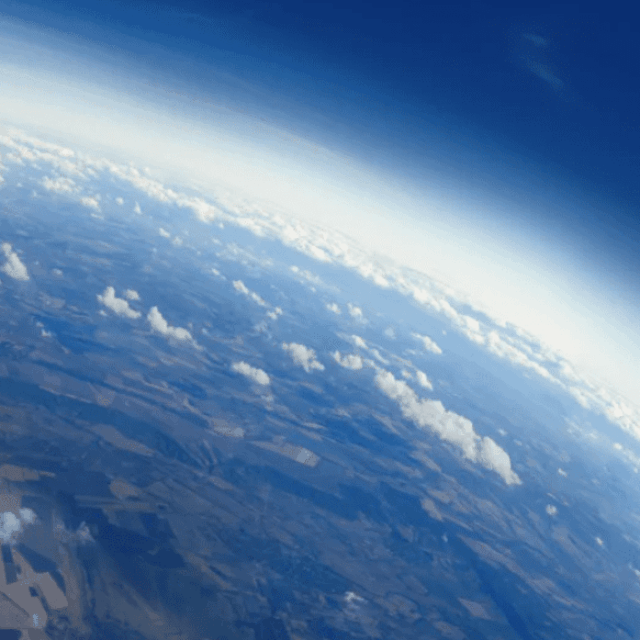If you can think of something, there’s probably a scientist studying it. There are researchers looking into naked mole rat breeding patterns, the aerodynamics of cricket balls, and that people tend to like pizza better than beans. But there are also certain experiments that scientists generally don’t do. They don’t, for instance, genetically modify humans, or clone them. They don’t conduct psychology experiments without subjects’ informed consent. And there’s a whole host of experimental medical procedures that could teach us a lot, but no one would ever be justified to try.
Many scientists have long thought of experiments to inject chemicals into the earth’s atmosphere in order to cool the climate, known as stratospheric aerosol injection (SAI), as falling within that taboo category—arguing developing the technology could pose serious planetary risks. But some researchers have been working to alter that perception in recent years, splitting the climate science community. In recent months, the field has seen a surge in momentum: last month the U.N. Environment Programme called for more research into geoengineering, while reports emerged last summer that the Biden Administration has begun coordinating a five-year research plan. Rogue researchers and Silicon Valley entrepreneurs meanwhile conducted small scale tests late last year and in February, despite condemnation from much of the scientific community.




